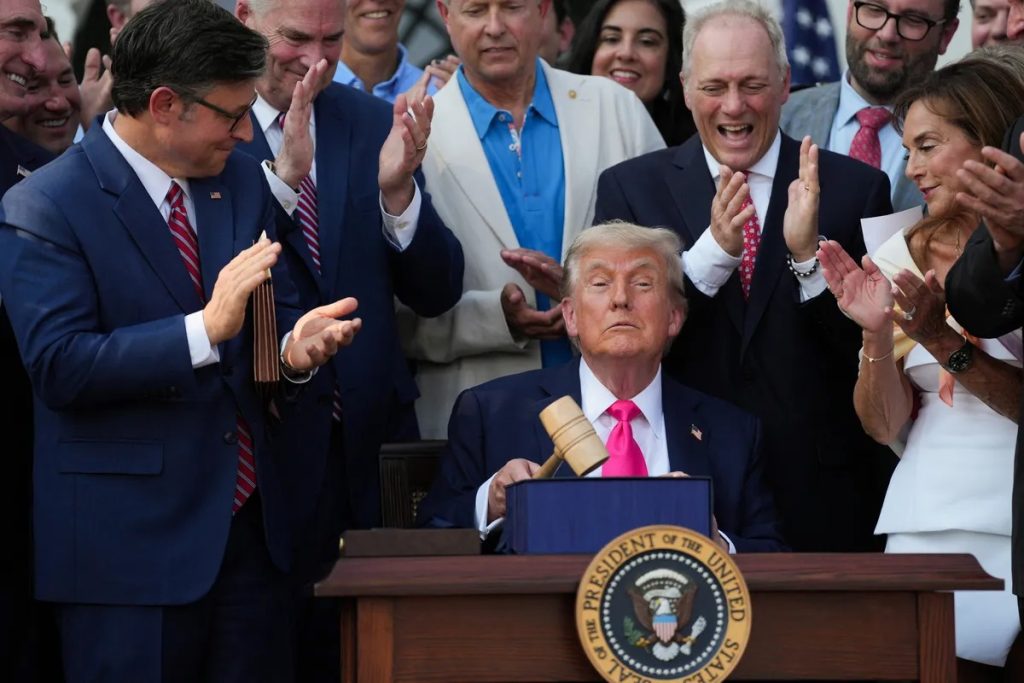In the wake of federal spending cuts taking effect on September 30, nutrition education programs across the United States are facing widespread collapse. One of the hardest-hit organizations is Leah’s Pantry, a nonprofit that provides community-based cooking and nutrition classes. The organization is preparing to lose 90% of its funding, a move experts are calling a “public health catastrophe.”
This decision stems from the tax and spending law signed by President Donald Trump in July, which introduced sweeping budget reductions. Among the most affected programs is SNAP-Ed, the educational arm of the U.S. Department of Agriculture’s Supplemental Nutrition Assistance Program (SNAP). For decades, SNAP-Ed has funded thousands of local initiatives in schools, food banks, and health centers nationwide.
According to Reuters and official sources, several states have already begun scaling back or shutting down these programs, using leftover funds to cover only the next few months before full closure.
SNAP-Ed Funding Cuts Spark Public Health Concerns
Since its launch in 1992, SNAP-Ed has spent over $9 billion and engaged more than 1.8 million participants in 2022 alone, according to USDA data. However, Congressional Republicans argued that the program is “unnecessary,” citing a 2019 Government Accountability Office (GAO) report that criticized its coordination and evaluation mechanisms. Program officials, in response, stressed that these issues have since been addressed and that SNAP-Ed remains the largest evidence-based federal nutrition education initiative in the country.
In Milwaukee, Wisconsin, Lisa Kingery, director of FoodRight, expressed deep concern. Her organization’s school-based programs train more than 1,200 students annually to choose and cook healthy meals. “We’re not just teaching kids how to eat,” she said. “We’re giving them tools for a healthy life.” She warned that the funding cuts threaten the future of these essential life skills.
These reductions come as the Trump administration promotes the “Make America Healthy Again” initiative, led by Health Secretary Robert Kennedy, aimed at addressing childhood chronic diseases. When questioned about the contradiction between this health initiative and SNAP-Ed cuts, the Department of Health referred inquiries to the USDA, which has not yet issued an official comment.
States Face Growing Burden After Federal Nutrition Cuts
In Washington State, Chris Mornick, a local program director, said the funding cuts are forcing states to rethink their priorities, leaving low-income communities without crucial nutrition education support.
Ultimately, the burden is expected to fall heavily on state governments, not only to replace lost funding but also to manage the social and health consequences of eliminating these programs. What was once considered a public health investment is now being reclassified as a financial burden, marking a political shift that is redefining the meaning of “welfare” in federal policy.

